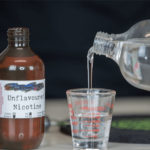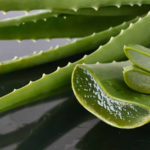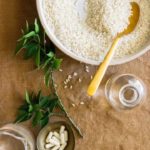Glycerin
Glycerin is a moisturizing agent commonly found in the ingredients of lubricating gels, particularly scented and warming varieties. However, it is important to note that lubricating gels with added features are more likely to cause irritation. According to Dr. Jamil Abdur-Rahman, an OB-GYN at Vista East Medical Center in Waukegan, Illinois, USA, “Glycerin is a metabolic product of sugar and can be used as a food source for bacteria.” This means that Glycerin can contribute to bacterial growth and increase the risk of vaginal fungal infections in women. Therefore, it is advisable to exercise caution when purchasing lubricating gels and avoid products that contain Glycerin.

Nonoxynol – 9
Many contraceptive and spermicidal products contain Nonoxynol-9. However, the effects of Nonoxynol-9 are not limited to sperm. Sarah Yamaguchi, a doctor at Good Samaritan Hospital in Los Angeles, explains that “Nonoxynol-9 can kill both good and bad bacteria in the vagina.” When bacteria are killed off, it can lead to imbalances and vaginal infections. Nonoxynol-9 can also cause inflammation and irritation. Therefore, it is advisable to check the ingredients and avoid purchasing lubricating gels that contain Nonoxynol-9 if your body is sensitive to it.
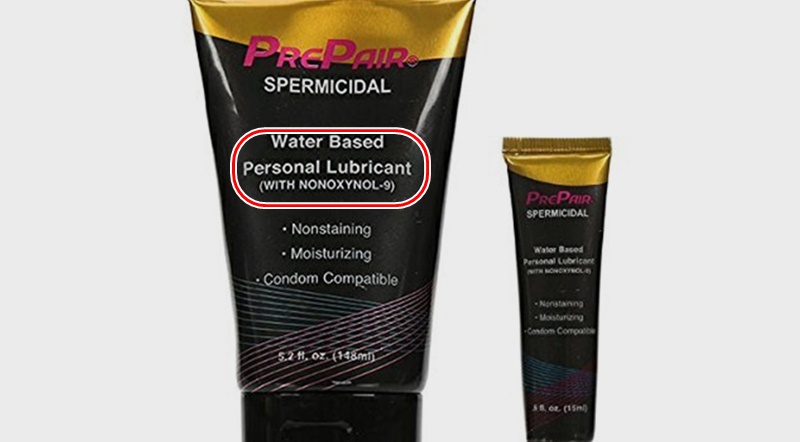
Petroleum or Petroleum-containing Substances
It is important to avoid using Vaseline, baby moisturizers, and other lubricating gels, moisturizers, and baby oils that may contain Petroleum or Petroleum-containing substances. These substances can alter the pH balance in the vagina, increase the risk of infection and vaginal inflammation, and can be particularly difficult to clean after use. When choosing a lubricating gel, it is essential to pay attention and avoid products with this ingredient.
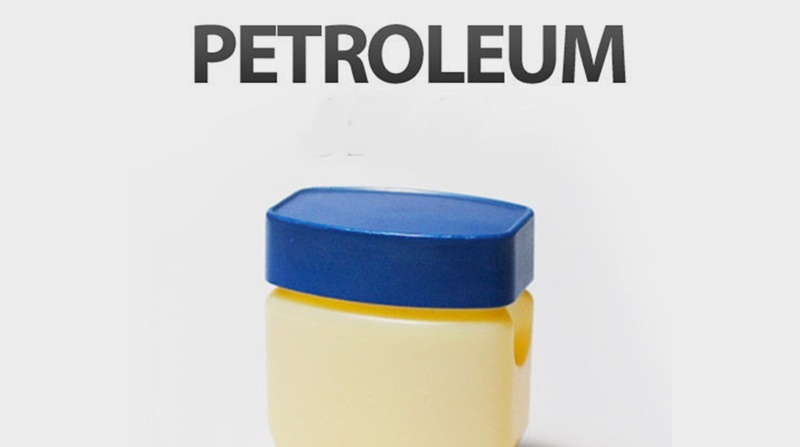
Propylene Glycol
Propylene Glycol acts as a moisturizer and preservative. While it may cause irritation to sensitive skin, the amount of Propylene Glycol in current lubricating gel products is recognized as safe for users. As long as the gel is used in moderation and correctly, there should be no cause for concern. However, if any discomfort or irritation arises, it is advisable to discontinue use.
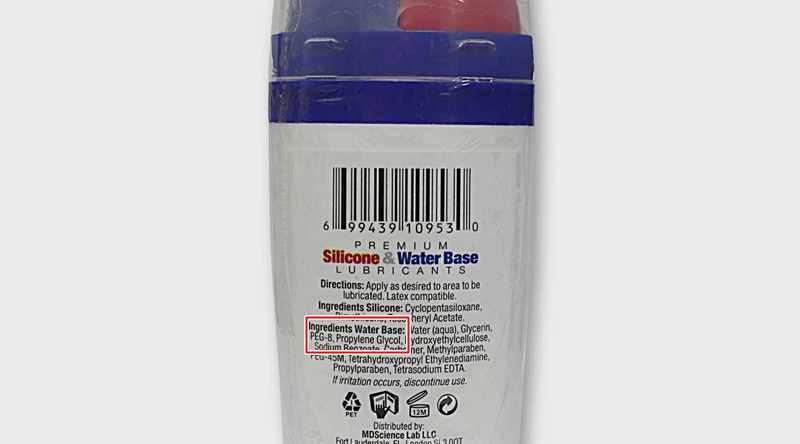
Parabens
Parabens are preservatives commonly used in lubricating gels and cosmetics in general. While some individuals express concern that Parabens can disrupt the endocrine system and hormones, the U.S. Food and Drug Administration states, “To date, we have no information to suggest that Parabens have any negative effects on humans.” Although scientific evidence regarding the toxicity of Parabens is limited, some consumers prefer to choose Paraben-free products as a precautionary measure.

Chlorhexidine Gluconate
For some individuals, this antibacterial agent, Chlorhexidine Gluconate, can irritate the skin. If the lubricating gel you are using contains Chlorhexidine Gluconate and it causes discomfort and itching, it is advised to switch to a different product.
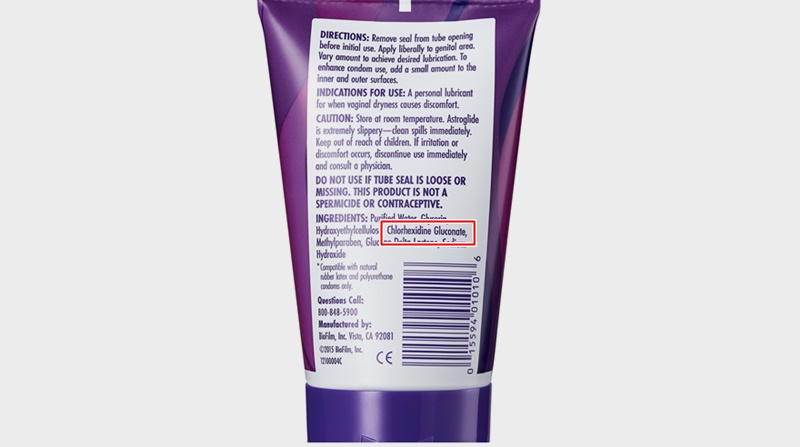
These are the ingredients that can cause irritation in lubricating gels. When purchasing this product, it is important for women to research carefully and choose safer and more suitable options. If you have any questions regarding these ingredients, please feel free to send us a message for immediate answers.
Reference: self.com
The Ultimate Guide to Using Rose Petals as Facial Cleanser for Flawless Skin
Making your own rose water facial cleanser is not only cost-effective but also ensures safety and convenience. By following simple steps, you can create a natural skincare solution right in the comfort of your own home. Say goodbye to expensive store-bought cleansers and say hello to a DIY alternative that is gentle on your skin and wallet.
























